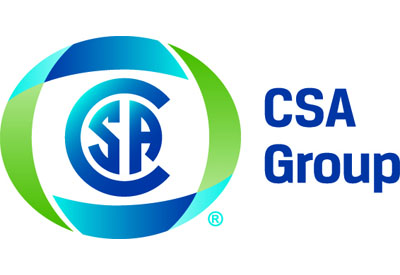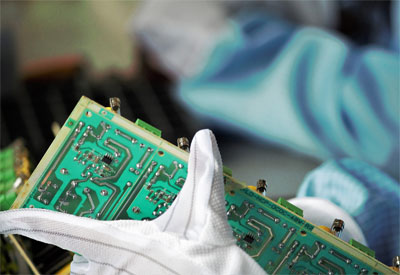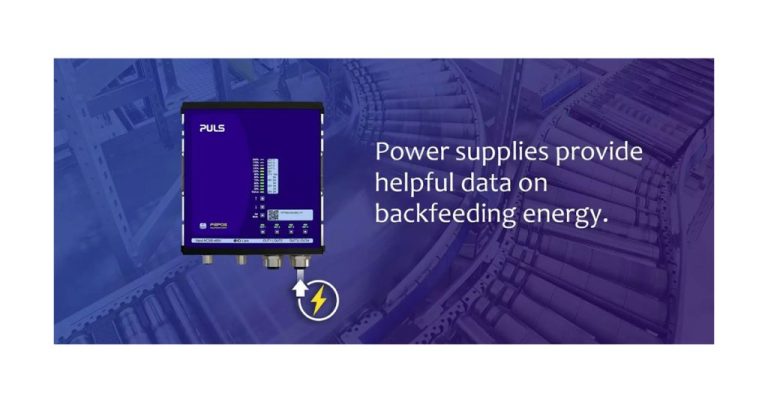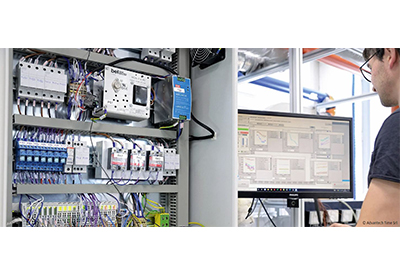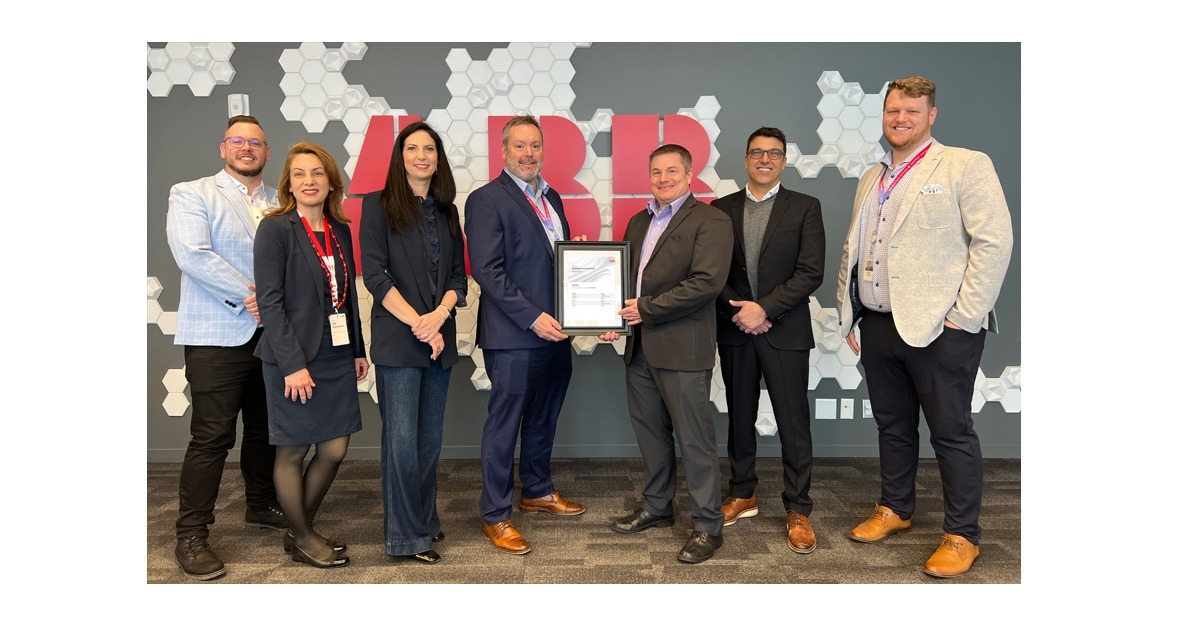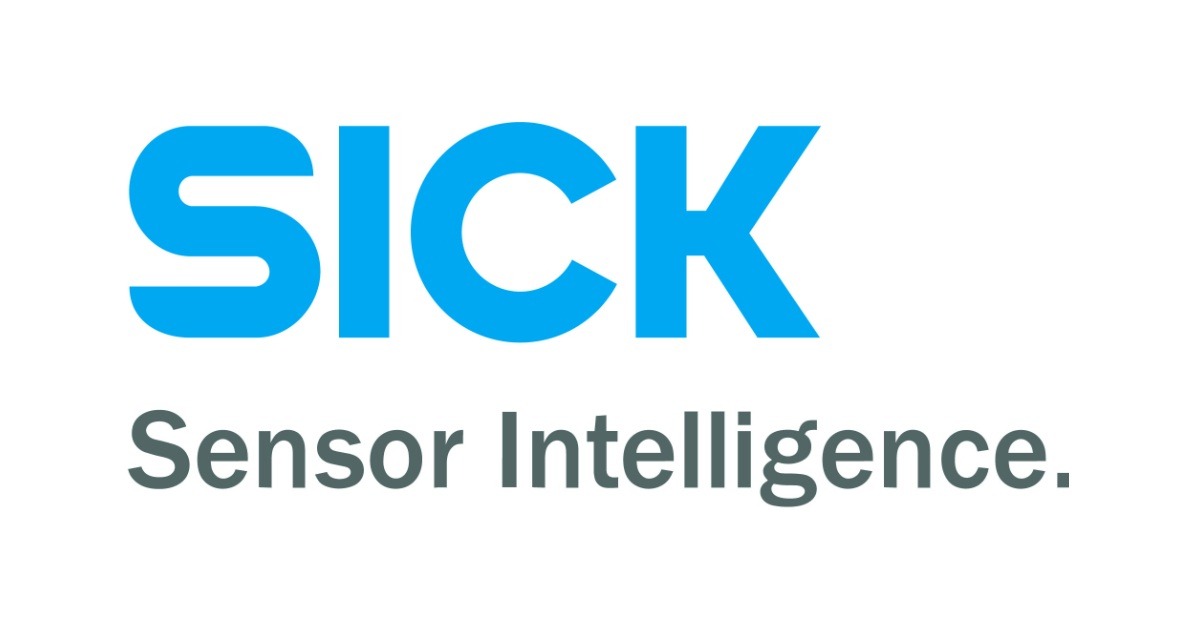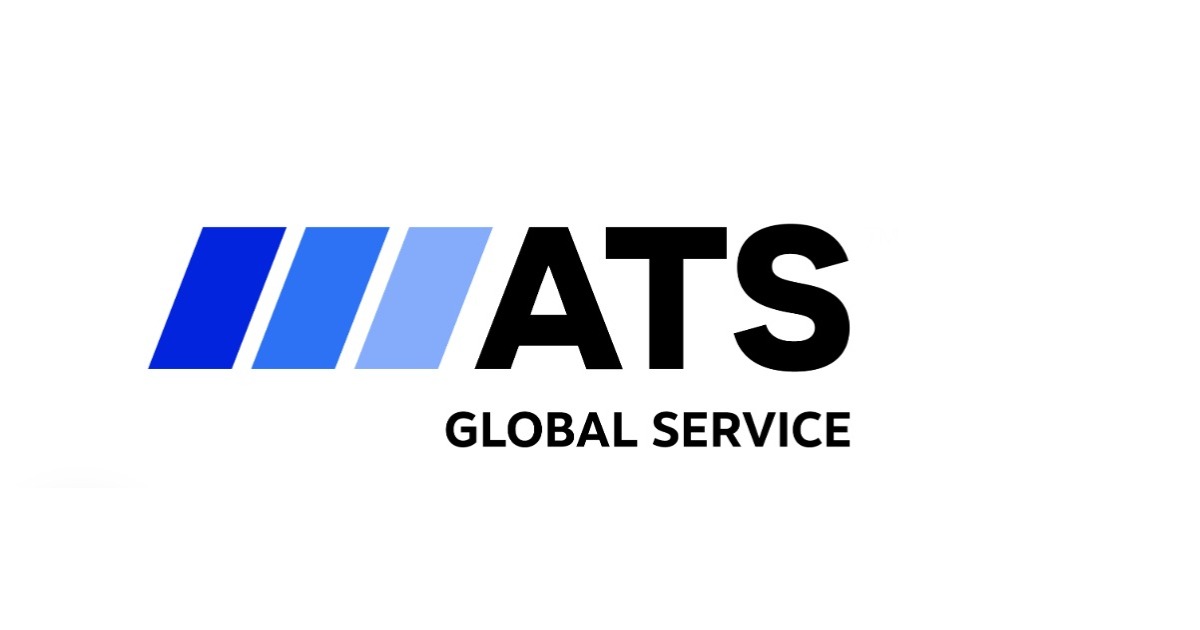Smart Robotics Enable Flexible Production of Rapid Coronavirus Antibody Tests at Senova
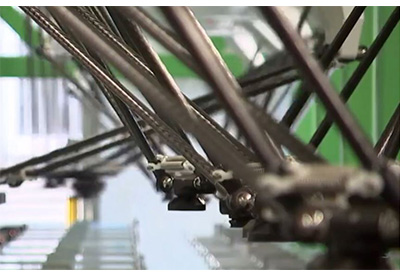
May 9, 2022
German medical technology expert Senova cooperated with Omron and Kraus Maschinenbau GmbH to pioneer the factory of the future.
The coronavirus crisis has caused untold damage to the personal health and finances of people throughout the world, as well as damaging national economies. However, industry has been able to play a key role in developing solutions that can mitigate the crisis.
Background
The coronavirus crisis has caused untold damage to the personal health and finances of people throughout the world, as well as damaging national economies. However, industry has been able to play a key role in developing solutions that can mitigate the crisis.
For instance, the retail, manufacturing and public sectors are increasingly turning to innovative robotics, sensors and AI (artificial intelligence) technologies to ease the pressure on employees, accelerate processes and improve compliance with hygiene requirements. The Technical University of Darmstadt reports that the acceptance of robots has increased significantly in recent months.
Companies wanting to benefit from this trend need to act quickly and to form partnerships with organisations that have expertise in these areas. The power of such co-operation has been illustrated recently by the work carried out by German medical technology company, Senova, in conjunction with robotics experts from O and mechanical engineering specialists from Kraus Maschinenbau GmbH. Senova is a leading developer and manufacturer of rapid test systems for marking biomarkers, viruses and microorganisms.
Working closely together over the past six months, the three companies have developed and built production machines that include smart robotics. These have automated, accelerated and improved the very time-consuming manual production of coronavirus antibody rapid tests. This met a vital need, as the increased testing of more and more people for the virus meant that the production of kits had to be hugely ramped up. At the same time, there needed to be more interlinked production and packaging.
The new, rapid antibody test
Senova specialises in lateral flow assay (LFA) technology. Some 30 employees are involved in the research, development, production, sales, logistics, quality management and assurance. Senova’s most recent – and most popular – product is a rapid COVID-19 antibody test. This shows within ten minutes whether someone has already been infected with the virus.
An international research team, including the Jena Leibniz Institute for Photonic Technologies (LeibnizIPHT), developed the test. It has been available since spring 2020. A blood sample shows whether someone is currently infected with the virus or is already immune. There are two types of antibodies. The IgM antibodies are found in the blood a few days after infection, whilst IgG antibodies are only formed during the course of the infection. They often remain detectable for months and indicate an existing immunity.
This enables people including caregivers, nurses or doctors to find out whether they are immune to the virus. The research team completed the tests together with Chinese partners and a medical device distributor, Servoprax, and confirmed their effectiveness. As a result, Senova brought the first coronavirus antibody rapid test to the market in record time.
The need to boost production
Due to the worldwide demand for the new tests, Senova needs to produce them in ever-increasing quantities. The previous manual production and packaging of the test kits was unable to keep up with the thousands of order requests. The company therefore needed a more flexible, faster and more reliable way of manufacturing and packaging the test kits – all within a very tight timescale. A machine would ease the pressure on employees by streamlining and combining the various work steps (such as cutting the test strips and packaging) much more efficiently. The concept and implementation needed to be carried out particularly quickly to meet the demand – and to help contain the spread of the virus.
Joachim Kraus, Managing Director of Kraus Maschinenbau GmbH, comments on the start of the project: “Senova asked how the feeding of the packaging pouches could be automated in the best possible way. In the following discussions, we worked with the customer to develop an overall concept for feeding and packaging the test cassettes for the rapid antibody test.”
This new concept was rapidly approved. But that’s not all: following the design review, the co-operation between the two companies was expanded further. The precise cutting of the test strips and the subsequent transfer of the section and the insertion of the cut into the test cassette are now performed by machines from Kraus Maschinenbau. These are complemented by robotics and technology from Omron, a partner of Kraus for 11 years.
Handling the blanks with a size of 3.5 to 5.0mm proved to be a particular challenge, but this was solved after a few adjustments. With the help of the new machine, 30 to 45 rapid coronavirus tests can now be cut and packaged per minute. As the demand is so great, the capacity must be continuously increased, so more machines are now planned. Production currently runs for six days a week, from 7am to 10pm.
Omron robots provide precise material handling
The tests (which look similar to a pregnancy test) are produced using machines from Kraus, along with Omron eCobra600 robots, Quattro 650 H four-axis parallel robots, Omron TM5-700 cobots, PLC controls, drives and sensors. Due to the increased production volume, Omron has already delivered additional eCobra600 Pros and integrated them into the production line. These robots are particularly reliable, flexible and powerful.
The SCARA robots are ideal for the precise processing, assembly and material handling used in medical technology. The four-axis robot has a range of up to 800mm and can be easily adapted for different applications, such as test production. The eCobra technology also offers high repeatability and a payload of up to 5.5kg. The amplifiers and controllers built into the robot reduce the number of cables needed. The overhead mounting configuration enables the efficient use of space, even in clean rooms, which are so essential in the medical technology environment.
The control and drive of the cutting and packaging machines also comes from Omron, and is built into the production lines of Kraus Maschinenbau. Further components of the flexible COVID-19 test kit production include the Quattro 650 H fouraxis parallel robots. These can be controlled by Ethernet, using the familiar programming language (IEC 61131-3) of the NX / NJ machine controllers. The four-axis arm distributes the load evenly to the robot, which supports fast and high-precision transport and assembly. The Quattro robots are designed for high payloads and multi-hand applications: several parts can be picked up at the same time. This also accelerates the production of the coronavirus test.
Cobot eases pressure on employees
But that‘s not all: another technology used in Senova‘s production line is the Omron TM5-700 cobot. This is specially designed to work with people and machines. It can be easily transported and has an integrated image processing system, which enables quick start-ups and product changes. Due to the intuitive software, the cobot can be taught different tasks. For example, it relieves employees of recurring tasks involving test cutting and packaging and helps to increase productivity. The integrated vision camera and lighting technology enables objects to be detected precisely in a wide field of view. This system helps Senova to increase reliability, consistency and precision (e.g. in pick-and-place processes). Other functions available include pattern and colour recognition and barcode reading.
But how are the test strips cut and packaged? First, the preliminary products are fed to the line. They are then separated, positioned and placed in a servo linear unit. The product can then be positioned under the cutting knife and cut precisely. The robot inserts the blank into the plastic test cassette and assembles the front and back. The machine for packaging the rapid antibody tests then takes over the test cassettes.
The pre-assembled packaging pouches are separated by a JoKer friction feeder and dispensed onto the packaging machine. A labeler applies the labels with the relevant product data to the pouch. Another robot takes the test cassette from the upstream machine, transfers it in a special form and inserts it into the pouch. Finally, the bag is closed by thermal sealing and transferred to the delivery belt.
Christoph Waldenmeier, Sales Project Consultant at Omron Industrial Automation Europe, comments: “During the past six months of the coronavirus crisis, the co-operation with Senova and Kraus has continued to develop. The latest generation of COVID-19 tests are now produced in a new production hall. The production lines are fully equipped with Omron technology.“
He adds: “We are pleased that we can use our technology to support the global efforts in the fight against the coronavirus to a small extent. In times like these and in a flexible production of the future, co-operation is the be-all and end-all.“ Joachim Kraus adds: “The fast and uncomplicated implementation of this challenging project was only possible thanks to the perfect interaction and good chemistry between the customer, machine builder and system and control supplier.“


